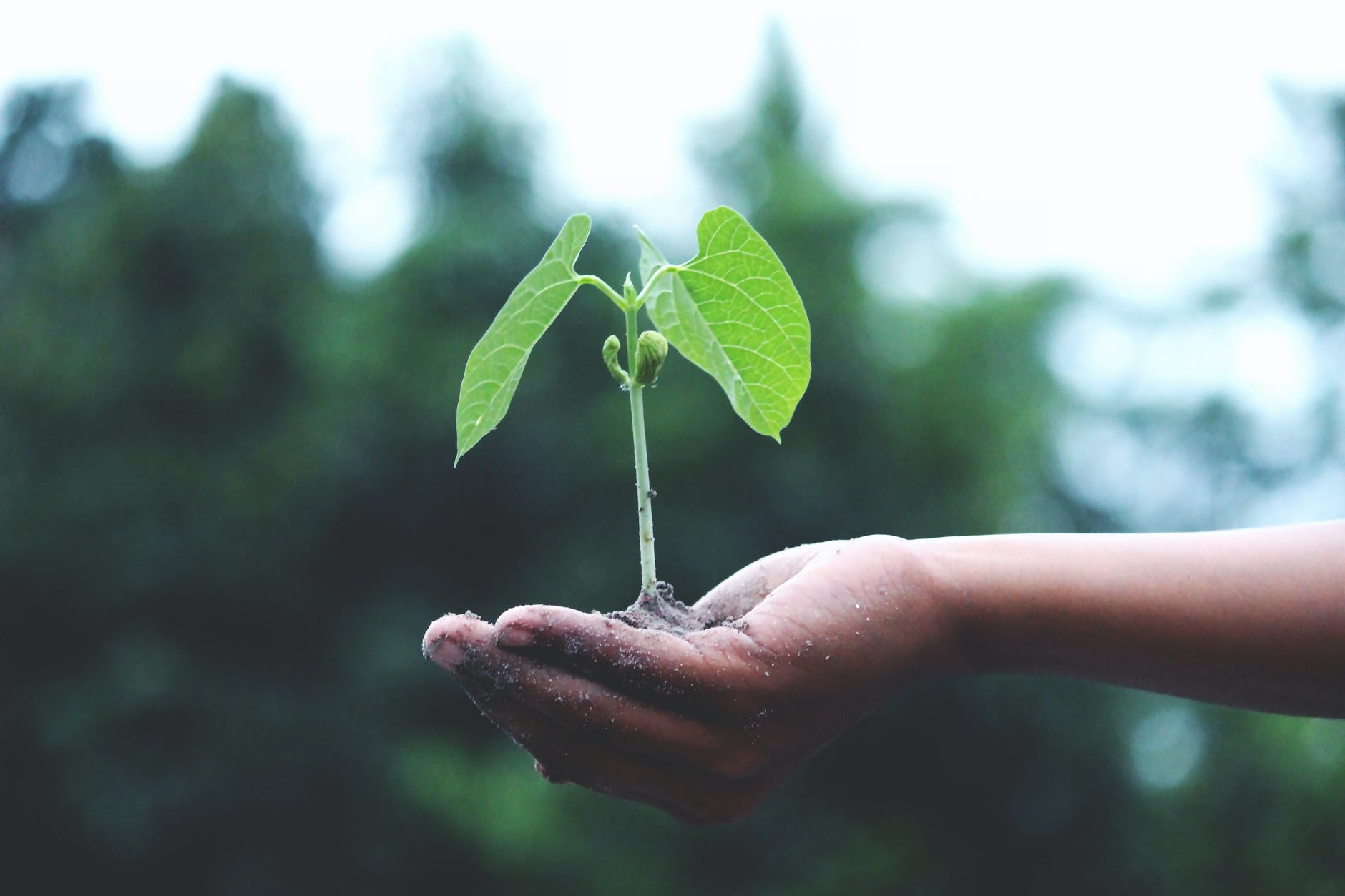Environment Tech
SA overshoots its resources – for last 51 years
Sunday, 4 July, was South Africa’s Earth Overshoot Day – the day the country uses up the resources its ecosystem needs a full year to regenerate
South Africans are consuming beyond the capacity of Earth’s ability to sustain us, using up resources at double the rate at which the Earth’s ecosystem can recover. And the shocking part is that we have been failing for 51 years.
Running at a deficit of -2.1 (see Ecological Footprint – Global Footprint Network), the country, along with the world population, is depleting the Earth’s resources faster than the planet’s ability to recover and sustain.
South Africa’s Earth Overshoot Day (EOD) fell on 4 July 2021 this year – the date which marks the point in a given year when our demand for ecological resources and services has exceeded what the planet can regenerate in that year.
Dr Jako Volschenk, senior lecturer in strategy and sustainability at the University of Stellenbosch Business School (USB), says nature replenishes what we consume every year – fish, forests, orchards etc – but South Africans have not allowed Earth to recover for more than 50 years.
“Imagine the earth is a company – let’s call it Earth Ltd – and we, as citizens, are the board of directors,” he says. “Our natural resources represent our only income generating asset, a savings account that earns interest every year.
“In nature, that interest comes in the form of resources that grow from nature, such as some fish populations known to grow by twenty percent every year. If we consume more than the twenty percent, we are reducing the population to a lower level than what it was a year earlier, which in turn reduces the yield in the following year.”
He says the world population, as the board of directors, have been given the role of custodians of nature, but we are failing miserably in our duty to act in the interests of Earth Ltd.
“We have been running the company at a deficit for more than 50 years. Put differently, we have not had a positive cash-flow since 1969. And year after year, we are consuming a bigger share of our declining pool of nature savings.”
Dr Volschenk says that, although the concept of using a company as an analogy to illustrate the point is useful, there are limitations when it comes to how Earth manages its bottom-line.
“Viewing natural assets as a savings account fails to capture the importance that nature holds for humanity. Everything we have ever made, and everything we will still make in the future, draws from the natural resources around us. With less resources, our future capacity for production is compromised.
“In addition, when a company runs into financial trouble, usually it can be bought over by another company or the owners can take a loan from a bank. Earth does not offer a bail-out for us. We either have to turn our deficit around or accept that we will be the instigators of the first ever man-made mass extinction. We can’t be fired from our role – we are the only hope to turn the deficit into environmental restoration.”
Go to the next page to read how EOD is calculated, and what South Africa’s EOD is.


















